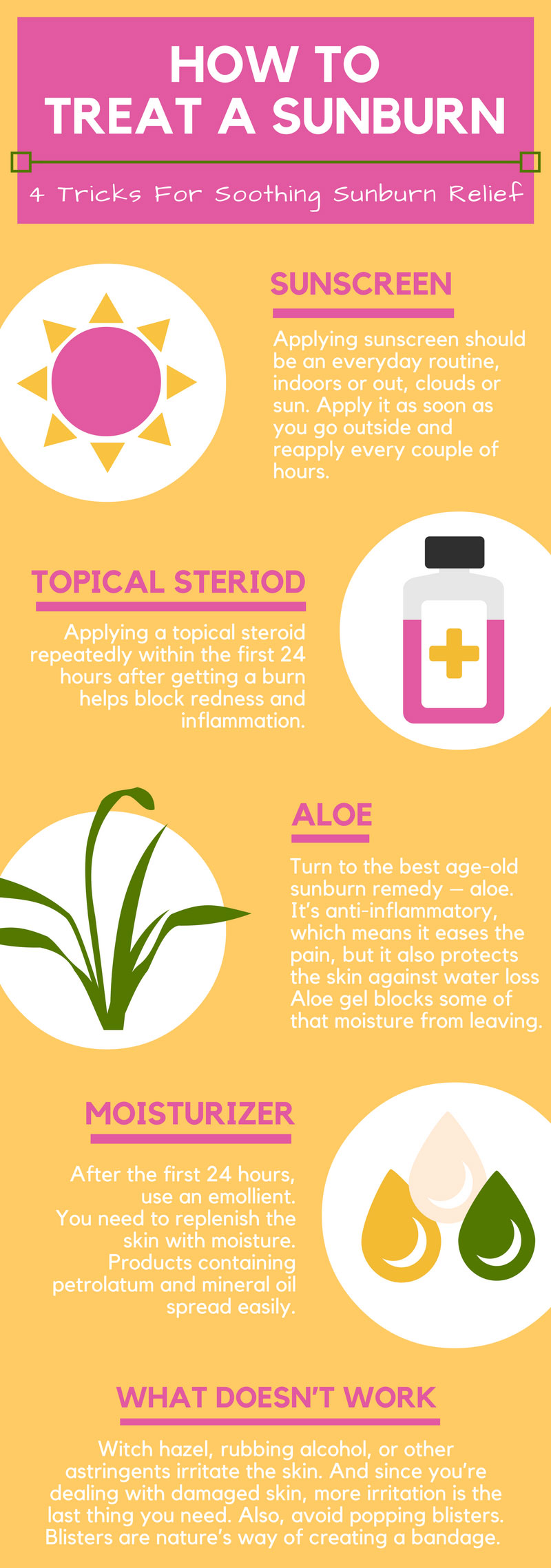In The Middle Of The Myths Regarding Acne, Uncover The Surprising Realities That Could Change Your Skincare Regular Permanently. What Actually Causes Your Outbreaks?
In The Middle Of The Myths Regarding Acne, Uncover The Surprising Realities That Could Change Your Skincare Regular Permanently. What Actually Causes Your Outbreaks?
Blog Article
Web Content By-Upton Kjeldsen
You could think that enjoying chocolate or greasy foods is the origin of your acne, however that's simply among lots of misconceptions swirling around this common skin problem. In fact, acne mainly originates from clogged up hair roots, not your last treat. Misconceptions like these can lead you to adopt inefficient skincare methods that might even intensify your situation. As you browse the facts behind acne, you'll find insights that might transform your technique to skin care and help you accomplish clearer skin. So, what really lies under the surface area?
Common Myths About Acne
When it involves acne, lots of people rely on typical myths that can lead to complication and stress. One prevalent myth is that eating chocolate or oily foods causes acne. While diet regimen can affect skin health, the direct web link between particular foods and acne isn't as precise as numerous believe.
An additional typical false impression is that you ought to scrub your face vigorously to clear up breakouts. In reality, aggressive rubbing can aggravate your skin and aggravate acne.
You may also think that acne just affects teens, however grownups can experience it also, usually due to hormonal changes or anxiety. Some individuals believe that tanning can clear up acne, but sun exposure can really lead to skin damage and aggravate breakouts in the long run.
Last but not least, numerous believe that using severe items will get rid of acne rapidly. Nonetheless, these products can remove your skin of its natural oils, resulting in enhanced inflammation and even more breakouts.
Scientific Facts Behind Acne
Comprehending the scientific realities behind acne can encourage you to tackle this typical skin condition better.
Acne happens when hair follicles come to be blocked with oil, dead skin cells, and microorganisms. This process typically begins with an overflow of sebum, the oil your skin normally generates. Hormone modifications, especially throughout puberty or menstrual cycle, can cause this excess oil.
Microorganisms called Propionibacterium acnes flourish in these blocked pores, leading to swelling. When best acne treatment for teens reacts, it can cause soreness and swelling, resulting in those bothersome acnes or cysts.
Genetics likewise play a role; if your parents had acne, you could be much more vulnerable to it.
Diet regimen and stress levels can influence acne also, yet research is still progressing in these locations. While delighting in oily foods will not straight create breakouts, a well balanced diet regimen can sustain your skin health.
Likewise, handling tension can decrease hormone variations that may worsen acne.
Tips for Taking Care Of Acne
Handling acne effectively requires a mix of daily skin care practices and lifestyle changes. Begin by developing a consistent skincare routine. Cleanse your face twice a day with a gentle, non-comedogenic cleanser to eliminate dust and excess oil. Avoid rubbing also hard, as this can irritate your skin and worsen acne.
Next off, is botox bad for you containing salicylic acid or benzoyl peroxide to assist prevent outbreaks. Always follow up with a light-weight, oil-free moisturizer to keep your skin hydrated. Do not neglect sun block; select non-comedogenic choices to secure your skin from UV damage without obstructing pores.
Beyond skin care, pay attention to your diet plan. Restriction sweet and oily foods, and concentrate on fruits, veggies, and whole grains. Staying moisturized is important, so drink lots of water throughout the day.
Additionally, handle Highly recommended Internet site via activities like yoga exercise, reflection, or exercise, as stress and anxiety can trigger outbreaks.
Finally, avoid choosing or standing out acnes. This can bring about scarring and more swelling. If your acne continues, seek advice from a skin doctor for customized treatment options.
Verdict
In conclusion, it's vital to different fact from fiction when it comes to acne. By unmasking common misconceptions, you can better understand your skin and make educated options for your skin care regimen. So, why continue to rely on obsolete ideas when the truth can equip you? Accept healthier practices, concentrate on gentle cleaning, and remember that managing acne is a trip. With the right understanding, you're one step more detailed to more clear, healthier skin.
